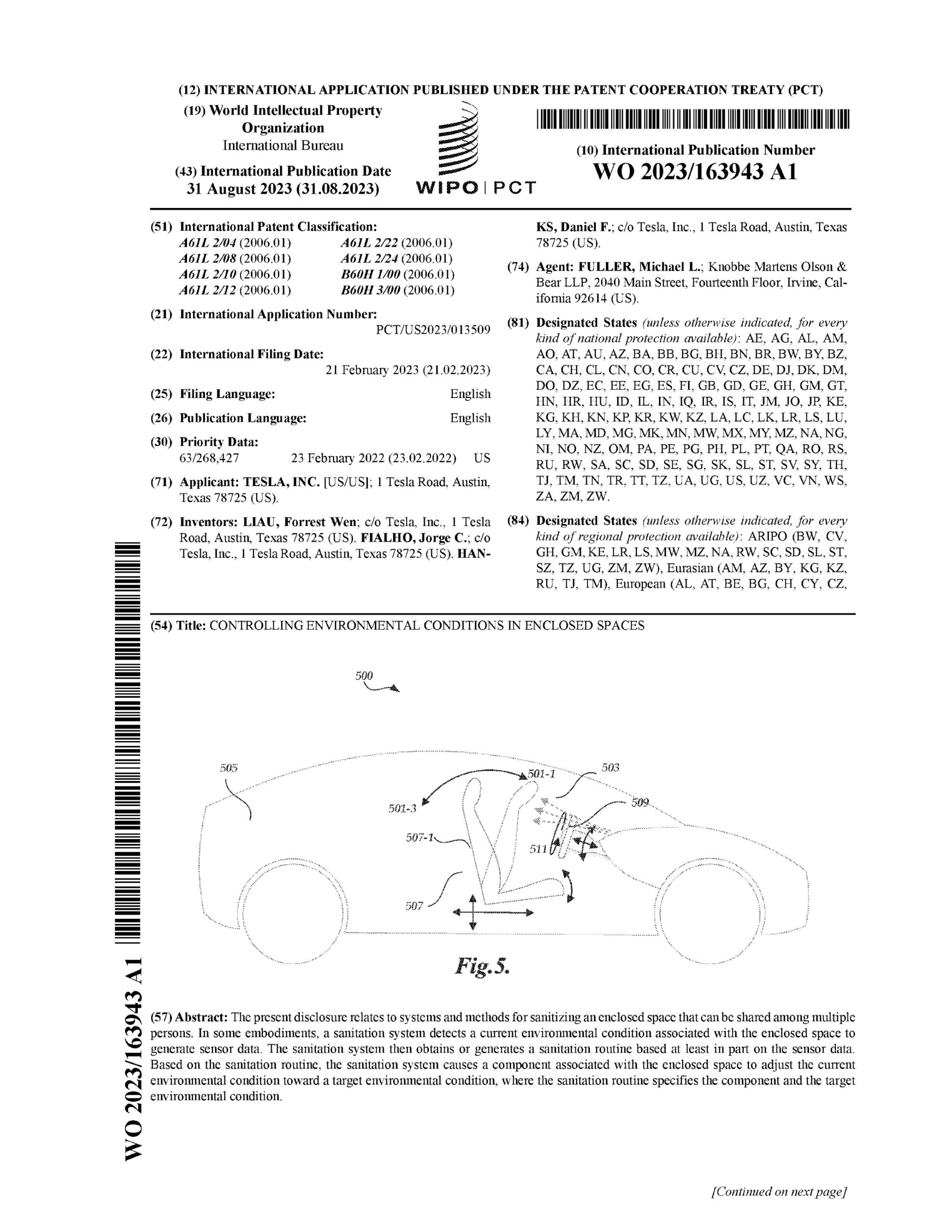Sign up for daily news updates from CleanTechnica on email. Or follow us on Google News!
When the land steward powers up a bright green mower, does it change the serene morning sounds of the New England Botanic Garden at Tower Hill?
Not really. That’s because the mower runs on a battery. “Instead of hearing the loud sound of the motor, all you can hear is the swoosh of the mower’s blades,” writes Liz Nye. The Garden includes conservatories, formal and naturalistic gardens, a Garden Shop, café, and expansive views of the Wachusett Reservoir. Known for a remarkable collection of plants, the Garden staff places environmental stewardship at the forefront of their work, and its strategic plan drives sustainability across multiple domains.
As we confront the climate crisis and its associated devastating biodiversity loss, botanical gardens are important keys to protecting the future of plants and ecosystems.
And — surprisingly — there are six ChargePoint stations in one of the parking lots, so visitors with electric vehicles can power up while they tour the 130 acres of meadows and woodland areas, formal gardens, and educational facilities.
My family and I are in our second half of the summer vacation season at our Connecticut bungalow by the stream. I’ve been working weekly to remove the grass some past owner judiciously planted and to replace it with perennials. As part of the transition to a sustainable habitat, I’ve been researching and admiring botanical gardens in the area. So off we headed to the New England Botanic Garden at Tower Hill in Boylston, Massachusetts to meet with friends, swap stories, and immerse ourselves in the natural world.
As always, we hop into my previously owned 2017 Chevy Bolt for our summer vacation jaunts. The trek to the Garden involved mostly higher speed roads than is our usual rural custom, so hubby was curious as we arrived whether they’d be charging stations on site. I thought it was a really last minute decision to seek a charger, feeling that we had ample electrons to return home and plug into our Level 1 plug.
However, marital bliss is all, so I did a Google search and — viola! — there were chargers in one of the parking lots.
The Garden’s six plug-in electric/hybrid charging stations went live in February 2022. They have saved over 9,000 kg of greenhouse gas emissions from entering the atmosphere. This equates to planting more than 230 trees and letting them grow for 10 years.
(Oddly, I’ve had a couple of occasions recently in which my iPhone wasn’t recognized by the charging station reader while I’ve been day trippin.’ This was one. After several attempts and mounting frustration, I called the Help Line number on the charging station. The customer service rep asked several questions, located my ChargePoint account, and activated it from afar. They were very, well, helpful! Precious readers, any ideas? Restart my iPhone? Should I allow cellular roaming? Something else? Appreciate your thoughts.)
Award-Winning Botanical Gardens Showcase Electrifying Everything
These botanical gardens are owned and operated by the Worcester County Horticultural Society, established in 1842. The current location off Rt. 170 in Massachusetts at Tower Hill was a farmstead that evolved into preservation of 119 cultivars of pre-20th century apples, known as The Davenport Collection; programs to support home gardeners; and a thriving vegetable garden.
The Garden has a formal affiliation with leading international and national environmental organizations, the US branch of Botanic Gardens Conservation International, and the Ecological Landscape Alliance. Plant conservation, research, and ecological horticulture are at the core of the endeavor. “It’s a partnership that ushers in an exciting new phase for the Garden,” says CEO Grace Elton. “We know from experience that botanic gardens are uniquely positioned for education, but they can also play a major role in conservation and research.”
In 2022, the New England Botanic Garden celebrated its new status as the first botanical gardens in the country to earn Green Zone certification.
 Chip in a few dollars a month to help support independent cleantech coverage that helps to accelerate the cleantech revolution!
Chip in a few dollars a month to help support independent cleantech coverage that helps to accelerate the cleantech revolution!
The Garden was recognized by the American Green Zone Alliance (AGZA) for its electrified routine maintenance. That’s all performed with low impact equipment such as electric leaf blowers, chainsaws, string trimmers, and mowers. The Garden’s electrification also includes a fleet of 11 electric utility carts and solar panels on the roof of a horticulture barn to augment charging.
The Garden’s horticulture barn, located on the outskirts of the parking lot, houses a variety of tools including the collection of electric-powered landcare equipment and utility carts. In 2023, the Garden installed a solar array onto the roof of the barn that generates 17,522 kWh of power, 121% of the organization’s previous usage for the barn. With this solar array, they can charge the horticulture team’s electric equipment without fossil fuels.
This solar project was made possible by a $112,000 grant from the Massachusetts Cultural Council’s Cultural Facilities Fund and a $50,000 grant from the Tern Foundation’s TernSOLAR Challenge Grant Program.
An ELF (Environmental Landscape Footprint) report generated by AGZA and Quiet Communities, an non-profit that promotes quiet as a valuable natural resource and works to reduce harmful noise and related pollution, estimates that these electric transitions at the Gardens will eliminate 50 tons of carbon dioxide emissions annually. That’s the equivalent of planting 2,220 trees, or taking eleven gas-powered cars off the road each year.
Becoming a Green Zone involves completing a structured program of education, training, certification, and metrics reporting to transition to cleaner, quieter, more sustainable landscape maintenance practices. The Green Zone program can be seen nationwide in parks, municipalities, institutions, and businesses.
Nye adds that the Garden hopes that, by demonstrating electric equipment use across the property and offering guidance to others, more organizations, landscaping professionals, and homeowners will feel they can make the switch, too. Electric equipment technology is evolving quickly, so the possibility of widespread adoption is here. Individualized landscape analysis is necessary to determine how to manage grounds differently.
Dan Mabe, AGZA’s founder, wanted botanical gardens around the country to reduce the negative health impacts associated with the regular use of gas-powered equipment. “When you’re operating a gas-powered piece of equipment, like a backpack leaf blower, it’s like you’re walking around with a bunch of small explosions strapped to your back,” he explained.
Vibrations from hand tools pose serious risks such as nerve damage and can have long term consequences for workers in industries that require regular use of these tools. Equipment with two-stroke engines also produce harmful exhaust and damaging levels of noise pollution, in addition to the climate pollution escalation caused by the continued burning of fossil fuels.
Have a tip for CleanTechnica? Want to advertise? Want to suggest a guest for our CleanTech Talk podcast? Contact us here.
Latest CleanTechnica.TV Videos
CleanTechnica uses affiliate links. See our policy here.
CleanTechnica’s Comment Policy




